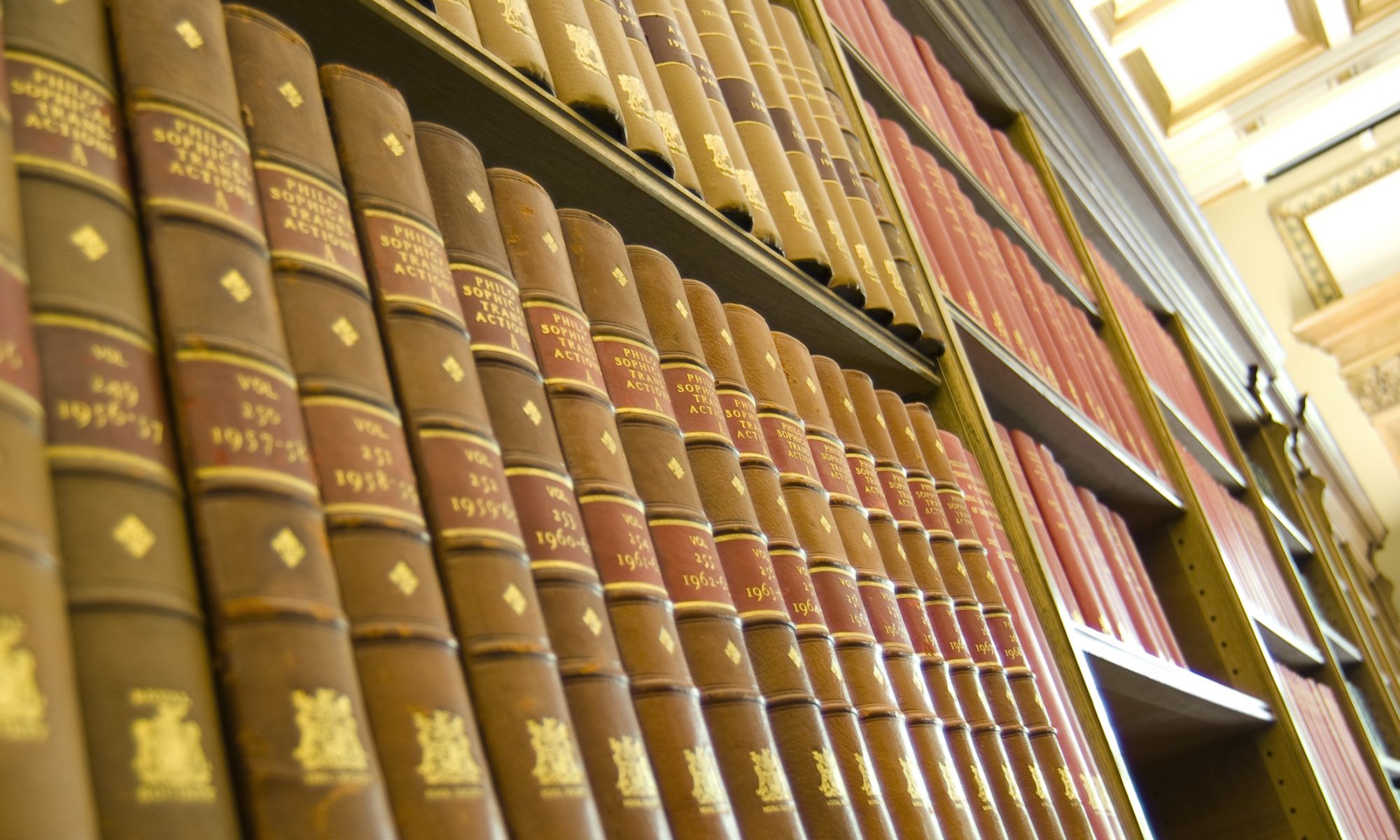The beginnings of the Philosophical Transactions Project at the Royal Society.
You may not remember what you were doing on Wednesday 8 May 2013. This day was important for a couple of reasons. For one, it was the day of the Queen’s Speech at the State Opening of Parliament. On a more personal level, it was also the first day at the Royal Society for me and Noah Moxham. We will be based here for the next four years, as post-doctorates working on the ‘Publishing the Philosophical Transactions’ project, funded by the AHRC and led by Dr Aileen Fyfe at the University of St Andrews.
If you have visited the Royal Society you will know that it backs onto The Mall, leading to Buckingham Palace. Just before the Queen’s Speech on 8 May, I heard ceremonial trumpets and the clip-clop of horses and, this being a new phenomenon for me, I wondered whether I was still in a daze after the 12-hour road trip I had undertaken from Edinburgh to London the previous day.
It feels appropriate to be sitting in the Royal Society writing about the history of the Philosophical Transactions, whilst looking out onto The Mall and St. James’s Park, frequently witnessing a royal entourage passing by. This is a lot more pleasant than the view from my previous office as a post-graduate student at the University of Edinburgh. Here, I resided in the basement of an old hospital (i.e. the morgue), which was in fact linked to the Burke and Hare scandal, and where I could see only a glimpse of daylight through windows that refused to open.
To start the Philosophical Transactions project with a royal parade is also fitting because of the close connection between the Monarch and the Royal Society since the latter’s formation in 1660. In that sense we’re more privileged than the Original Fellows of the Royal Society, who spent months, and eventually years, in feverish anticipation of a projected visit by Charles II that never materialised (despite the award of its Royal Charter in 1662). Later members of the royal family would take a more active interest, and one even held an official administrative role in the Society: in the period 1830–1838, Augustus Frederick, Duke of Sussex, was President.
The administration of the Philosophical Transactions, which is one of the foci of our project, is also informed by an on-going relationship with the monarchy. First published in March 1665, the Philosophical Transactions is the world’s longest running science journal, and was the first to concern itself exclusively with scientific matters. The project Noah and I are working on aims to use previously unexamined archival collections at the Royal Society to understand the individuals and practices involved in producing and publishing the Philosophical Transactions. We will be looking into the publishing of this influential journal from its beginning in 1665 to the present day. My part in this is to focus on the nineteenth, twentieth and twenty-first centuries, while Noah tackles the earlier period.
The royal connection is just one element that will inform this project. One way this is apparent is through the Royal Medals issued under the approval of Queen Victoria (and henceforth by the ruling monarch) and awarded to the authors of the most outstanding papers in the Philosophical Transactions. These are also sometimes given to the Society’s Fellows who have written ground-breaking monographs, such as Charles Darwin’s book The Structure and Distribution of Coral Reefs, for which he received a Royal Medal in 1853. The medal scheme still exists today and in 2012 a Royal Medal was presented to, among others, the Australian chemist Andrew Holmes FRS.
This project will address many other elements that characterise the publishing of the Philosophical Transactions and its role in science communication in a period spanning just under 350 years from the 17th century through to the present day. These include questions about the commerce of producing a scientific journal, such as printing, paper and binding costs. Another important and relevant issue for science publishing today that will be considered is the peer review process, the genesis of which is often attributed to the Philosophical Transactions. The distribution of the journal from London to particular institutions (including other learned societies) and individuals in Britain, the US, China and other parts of the world is also of interest in this project. These subjects will be studied over time to identify change in the practices of those administering the publishing of the Philosophical Transactions, and they will also be linked with current developments in science publishing and science communication more generally.


